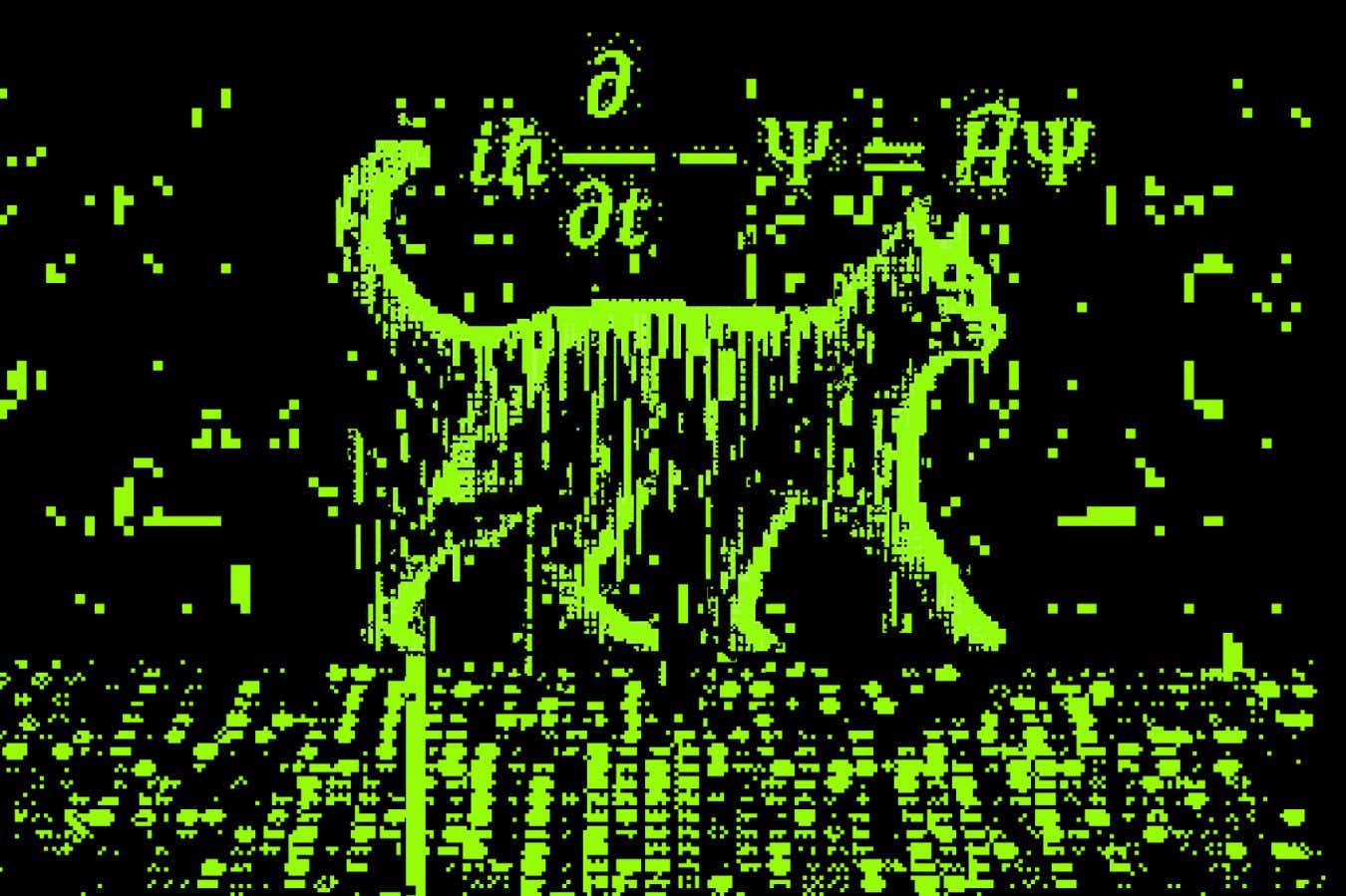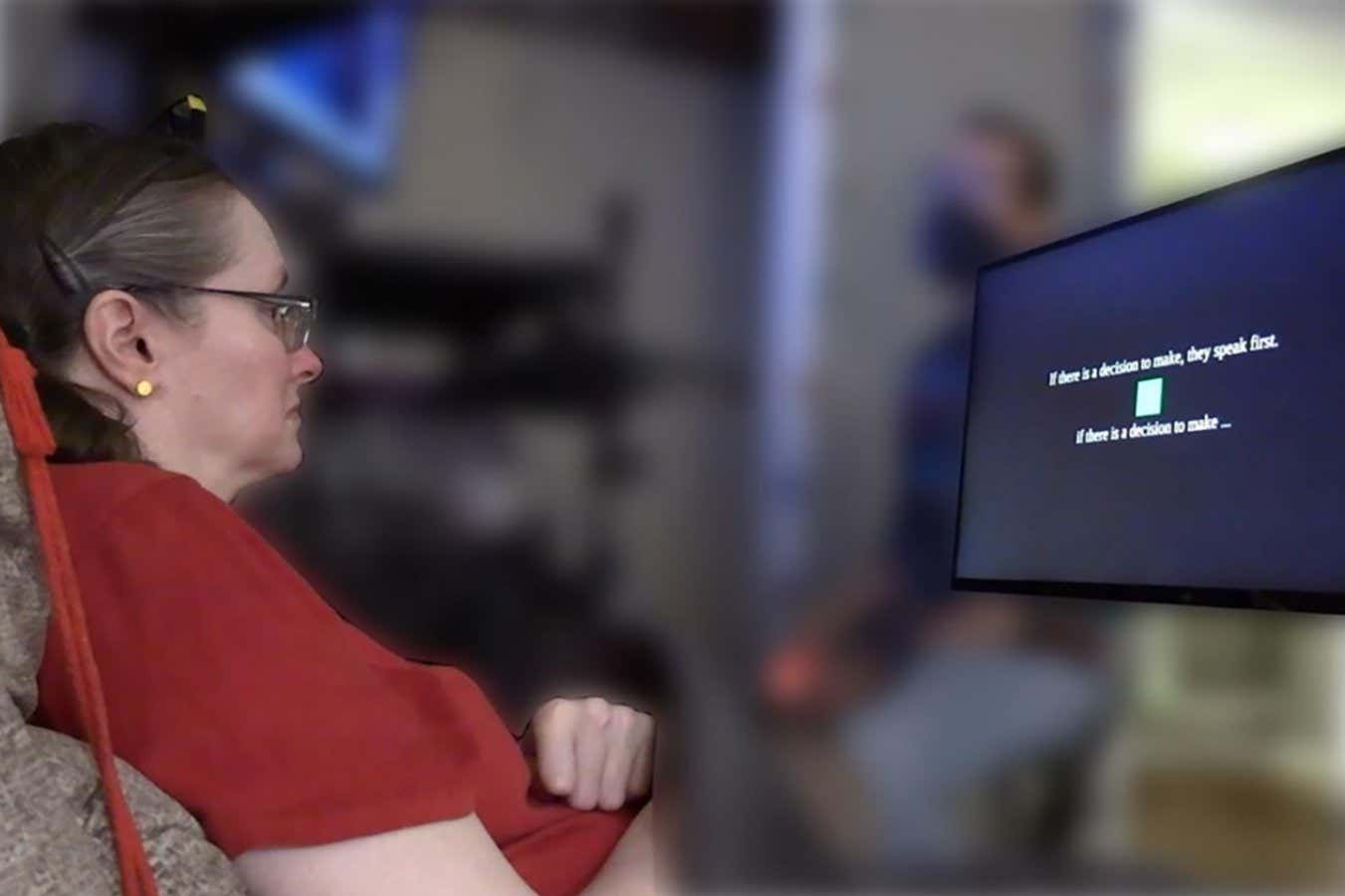Now Reading: Quantum Physics: Why Its True Meaning Sparks Endless Debate
-
01
Quantum Physics: Why Its True Meaning Sparks Endless Debate
Quantum Physics: Why Its True Meaning Sparks Endless Debate

Quick Summary
- A survey conducted by Nature asked 1,100 physicists about their preferred interpretation of quantum mechanics; results revealed significant disagreement within the field.
- The Copenhagen interpretation, which discourages inquiry into the “true nature” of quantum objects and emphasizes calculation over ontology, received only 36% support.
- Other interpretations include the Many-Worlds theory, superdeterminism (which challenges free will), and spontaneous-collapse models that modify core equations of quantum mechanics. Only 24% of respondents were confident in their chosen interpretation being correct.
- Physicists also disagreed on central concepts such as wavefunctions, quantum entanglement, and foundational experiments like the double-slit demonstration. Some expressed inconsistent views even within similar interpretational camps.
- Experts highlighted that while quantum mechanics has unmatched predictive accuracy and practical applications (e.g., transistors, fiber optics), its philosophical underpinnings remain unclear and contested after a century of research.
- Some researchers view these disagreements as embarrassing for physics; others consider diversity in mental models beneficial for exploring new ideas or extensions to current theories.
- interpretations can cross into philosophical or psychological territory rather than experimental science since they often do not produce differing testable predictions.
Indian Opinion Analysis
India’s growing interest in cutting-edge science-illustrated by investments like the Quantum Mission announced by policymakers-stands to benefit from understanding discussions surrounding fundamental physics such as those posed by quantum interpretations. The lack of consensus among global physicists highlights both opportunities and challenges for India to contribute original ideas that might clarify or expand these paradigms scientifically.
Moreover, interpretations’ philosophical complexity aligns well with India’s past affinity for metaphysics thru schools like Advaita Vedanta or Jain Syadavada logic systems-a unique perspective Indian scientists may bring when engaging globally with currently unresolved aspects.
The diversity suggested as beneficial here reflects india’s broader value system promoting pluralistic approaches across disciplines-a parallel worth emphasizing more cohesively across scientific ecosystems domestically focused infrastructure policies e.g IITs-CSIR
























